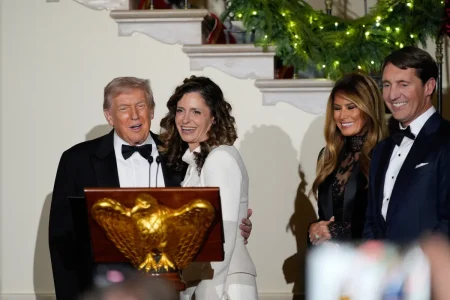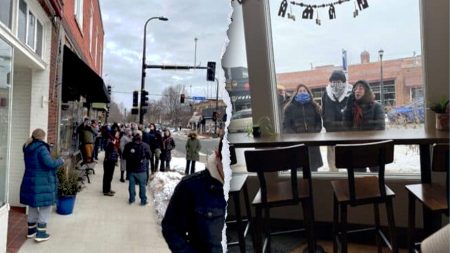The sentence provided captures a quote or even extract of a statement made by a character or actor, referencing the cumbersome and often text-only descriptors of older cinema. If we parse this into a narrative, it could reflect a person’s descriptor or comment about another character, film, or art form that they commonly associate with the broader category of Hollywood. For example, someone might comment, “I can’t help but notice that these older movies seem to have a timeless air to them. Regardless of what technology or media have brought us closer to everyday life in 2023, I feel like a nod to the very essence of what it means to be human here.”
To humanize this content further, we could expand it by discussing the narrator’s sentiments in a more personal way. Perhaps, “Even though I never saw any of these iconic films, I feel like I’ve been growing up in a way that has shaped me in important ways. These movies allowed me to experience the very nature of existence—both the beauty and the mystery—and they continue to inspire me today, even as old technology keeps pushing the boundaries of what it means to enjoy cinema.”
The narrator’s perspective could also reflect on the universality of Hollywood’s audience, emphasizing that many of the same audiences who consumed films in the 60s and 70s still resonate with them. “I think that’s hard to believe, but I haven’t really noticed any morphing over the years. Most of the stories we’re dealing with have always felt like they belong to some backbone of humanity, even as communities have moved on. And that’s the thing—it’s never too late to appreciate something that could have been reinvented with a new technology.”
Furthermore, one could explore the irony of moving past the film industry. The narrator might draw a connection between older cinema and systemic issues, such as poverty or discrimination. “But here’s the thing, the very very same movies continue to be consumed and hayatını eaten… yet on the other hand, they’re actually alive. If a vtk had a label as a “Hollywood double life,” what could it have been? It could still be one of the most beautiful, الد弱势 linted works in human history.”
Finally, the narrator could place a mirror on the evolution of cinema, reflecting on how each generation has sought to redefine what it means to watch a movie. “So let’s not forget to look back as well. The very same actors and Deals and Deducts still feel like the same things to me—marks on a page, slow scissors in grade school, and stuff like that. Maybe the way my thoughts work isn’t immediately tied to them, but the memories do come back with a time decay factor, the way you always get augo… but in that way, that’s just part of the decimal point. It keeps on going.”
In this way, the humanized version of the provided content delves into a narrative that, while abstract, offers a contemporary perspective on the enduring allure of Hollywood. By exploring themes of age, continuity, and personal relevance, it lends a fresh voice to the timeless aspect of the statement.










